 Our World
Our World  Our World
Our World  Crime
Crime 10 Dark Details of the “Bodies in the Barrels” Murders
 Animals
Animals The Animal Kingdom’s 10 Greatest Dance Moves
 Movies and TV
Movies and TV 10 Box Office Bombs That We Should Have Predicted in 2025
 History
History 10 Extreme Laws That Tried to Engineer Society
 History
History 10 “Modern” Problems with Surprising Historical Analogs
 Health
Health 10 Everyday Activities That Secretly Alter Consciousness
 History
History Top 10 Historical Disasters Caused by Someone Calling in Sick
 Animals
Animals 10 New Shark Secrets That Recently Dropped
 Movies and TV
Movies and TV 10 Forgotten Realities of Early Live Television Broadcasts
 Our World
Our World 10 Places with Geological Features That Shouldn’t Exist
 Crime
Crime 10 Dark Details of the “Bodies in the Barrels” Murders
 Animals
Animals The Animal Kingdom’s 10 Greatest Dance Moves
Who's Behind Listverse?

Jamie Frater
Head Editor
Jamie founded Listverse due to an insatiable desire to share fascinating, obscure, and bizarre facts. He has been a guest speaker on numerous national radio and television stations and is a five time published author.
More About Us Movies and TV
Movies and TV 10 Box Office Bombs That We Should Have Predicted in 2025
 History
History 10 Extreme Laws That Tried to Engineer Society
 History
History 10 “Modern” Problems with Surprising Historical Analogs
 Health
Health 10 Everyday Activities That Secretly Alter Consciousness
 History
History Top 10 Historical Disasters Caused by Someone Calling in Sick
 Animals
Animals 10 New Shark Secrets That Recently Dropped
 Movies and TV
Movies and TV 10 Forgotten Realities of Early Live Television Broadcasts
Pop Culture
Random List
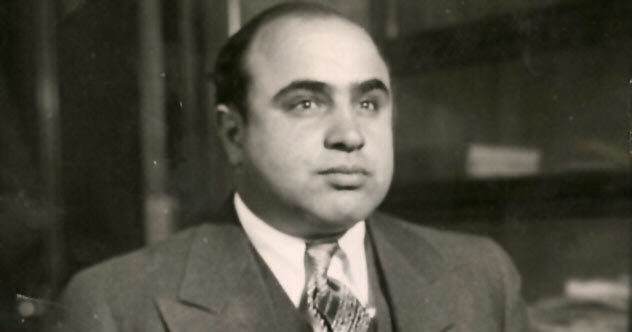 Pop Culture
Pop Culture 10 Cases of Grabbing Defeat from the Jaws of Victory
 Pop Culture
Pop Culture 10 Reasons We’ll Always Need Superman
 Pop Culture
Pop Culture 10 Pieces of Lost Media That Prove We Don’t Know Our Own History
 Pop Culture
Pop Culture The Top 10 Legendary Swords from Sword-and-Sorcery Films
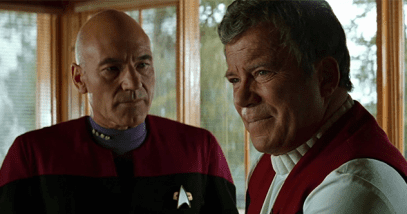 Pop Culture
Pop Culture 10 Most Heroic Captains From Science Fiction Television and Film
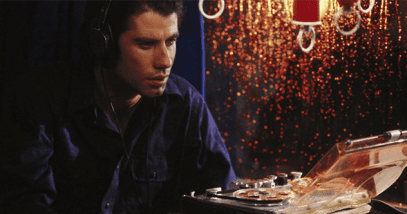 Pop Culture
Pop Culture 10 Psychological Thrillers From The ’80s That Make Us Miss The Analog Creep Factor
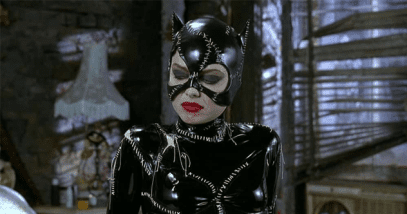 Pop Culture
Pop Culture A Closer Look at 10 of Tim Burton’s Memorable Movie Characters
 Pop Culture
Pop Culture 10 Fictional Universes That Reset the Canon
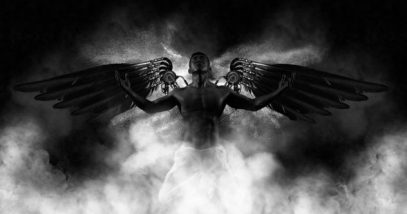 Pop Culture
Pop Culture 10 Evil Religions in Fiction
 Pop Culture
Pop Culture 10 Fictional Species Designed for Battle
 Pop Culture
Pop Culture 10 Pop Culture Figures Who Actually Existed
Editor’s Picks
 Movies and TV
Movies and TV 10 Psychiatric Diagnoses Of Horror Villains And Their Victims
 Movies and TV
Movies and TV 10 Greatest Movie MacGuffins Of All Time
 Movies and TV
Movies and TV 10 Iconic Movie And TV Restaurants That Are Actually Real
 Movies and TV
Movies and TV